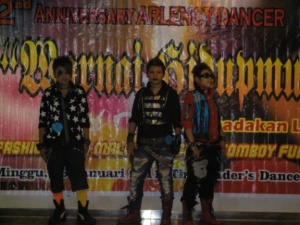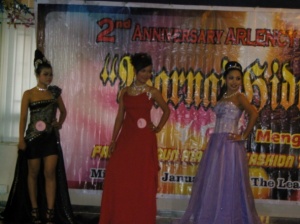Queer time? Family time? Re-Thinking Queer Temporality
This is a common Hong Kong wet market scene. Unlike supermarkets in the United States that open 24/7, wet markets in Hong Kong open within a certain time frame, usually from 8:00 in the morning until noon, and then open again at 4:00 until 7:00 in the evening. Wet market is a place embodying family time: kids go to school before 8:00, so moms and domestic workers are free to go to wet markets after 8:00. Family dinner time should not be later than 8:00, so wet markets close at 7:00. As defined by Judith Halberstam in her book In a Queer Time and Place, family time refers to the normative scheduling of daily life, and queer time refers to specific models of temporality that leaves the temporal frames of bourgeois reproduction and family. According to the definitions, shopping at a wet market is a family time because it orients to the normative schedule of most ordinary, nuclear families.
But, is family time always neatly distinct from queer time? Can family time produce a queer moment, let say in the wet market? My research on female same-sex relationships among Indonesian domestic workers in Hong Kong provides me a window to re-think the notion of “queer temporality.” It also enables me to recognize the productive effect of family time in producing queer time. Let me explain it.
As live-in domestic workers, the Indonesian women are required to stick to the family time—early to rise to finish household duties and not allowed to leave the apartment without employers’ approval. Through understanding how they worked out their same-sex relationships on weekdays, I found that the women managed to queer family time. I was told that it was not uncommon for them to date an Indonesian woman, who was also a domestic worker and lived nearby, when they went shopping at wet markets. The family time of shopping at wet markets enables Indonesian domestic workers to gather at a certain time, i.e. 5:00 in the afternoon, at a certain spot, i.e. wet market.Shopping at a wet market is not necessarily a mundane daily routine, but may be a queer moment–seeing a woman she is longing for.
Family time and queer time are not necessarily separate or distinct categories.
Family time may produce queer moments.



Written by francobrg
on 02/21/2012
Leave a comment